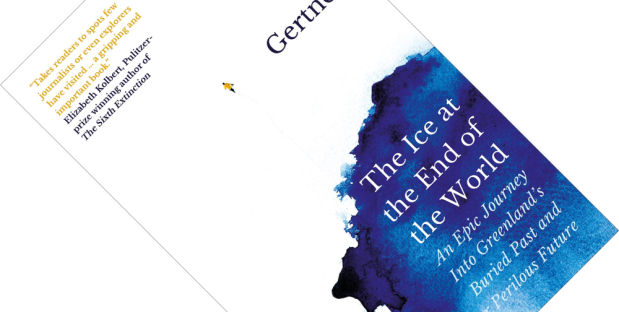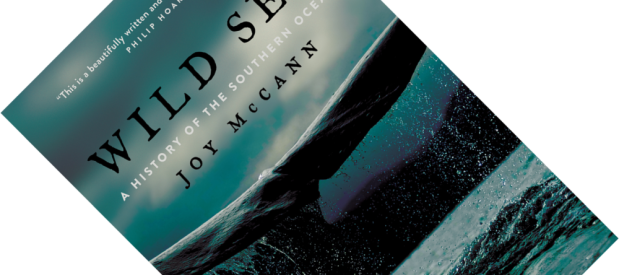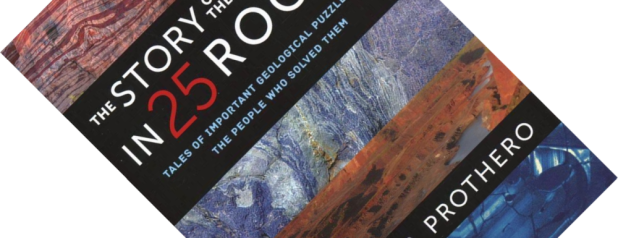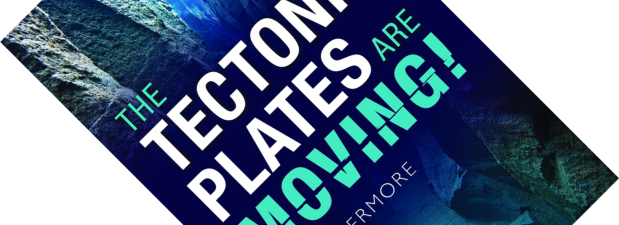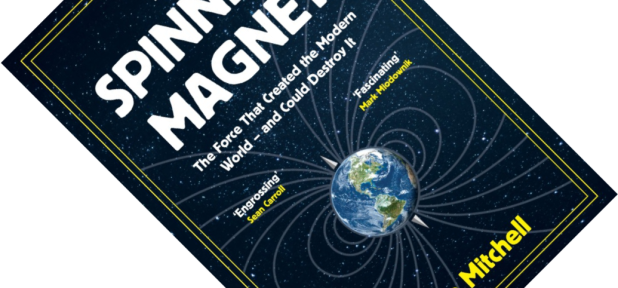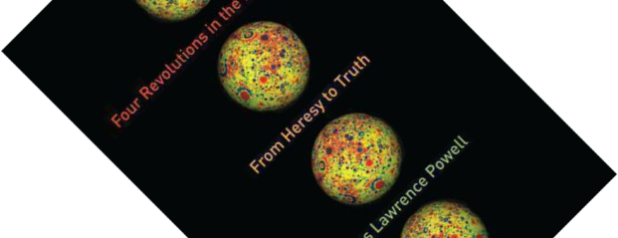6-minute read
Like Antarctica, Greenland is one of those places that exerts an irresistible pull on my imagination. As journalist, historian and The New York Times Magazine feature writer Jon Gertner makes clear in The Ice at the End of the World, I am not alone. This solidly researched reportage chronicles both the early explorers venturing onto Greenland’s ice sheet and shows the reasons it plays a starring role in research on climate change. Some books ought to come with a warning about how binge-read-worthy they are. This is one of them.

